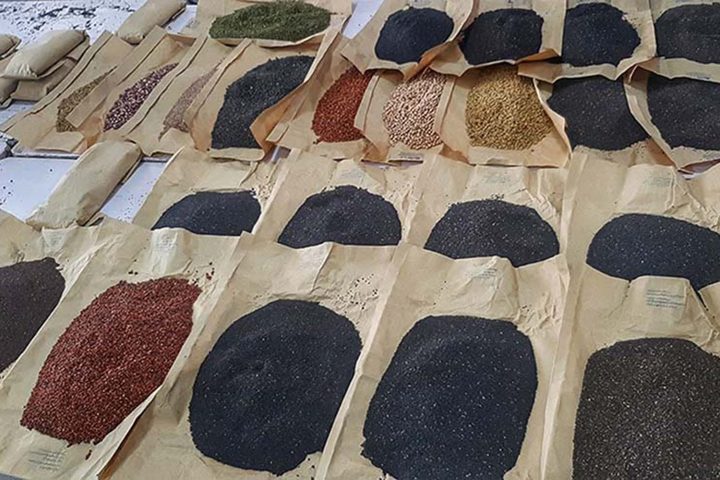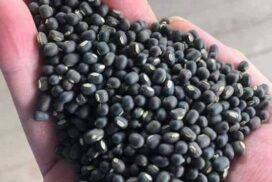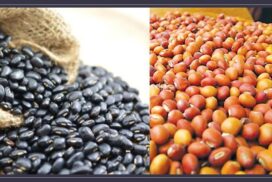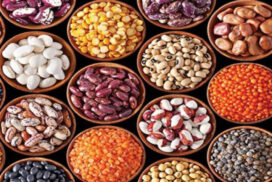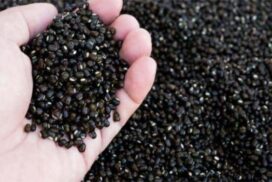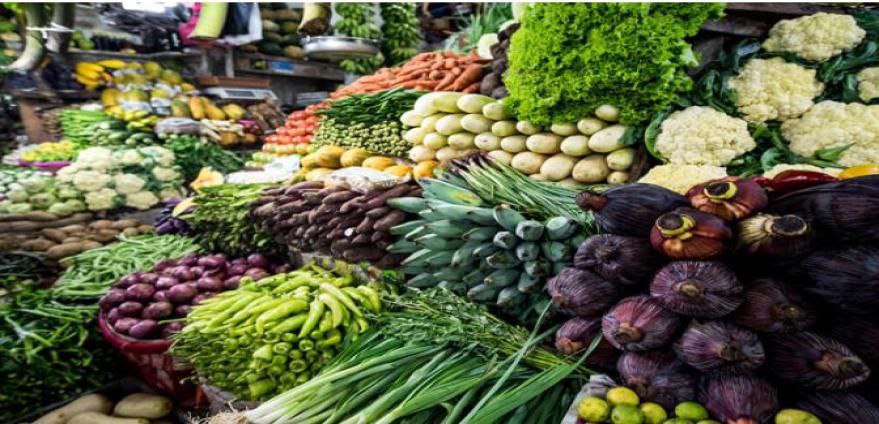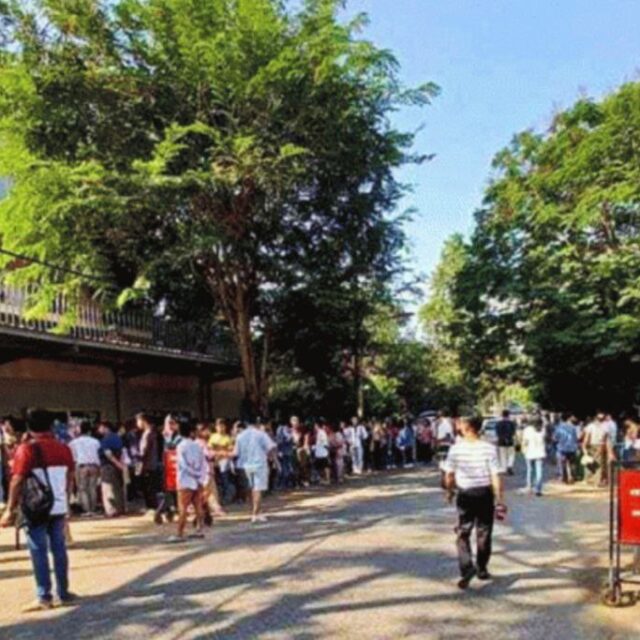The prices of black grams and pigeon peas remain on an upward trend in the domestic market on the strong foreign demand.
On 1 February 2023, the prices stood at K1,762,000 per tonne of black gram (FAQ) and K1,930,000 per tonne of pigeon pea. The prices peaked at K1,840,000 per tonne of black gram and K2,012,000 per tonne of pigeon pea on 11 February. The prices indicated a sharp increase of K78,000 per tonne of black gram and K82,000 per tonne of pigeon pea.
The price fluctuation is highly correlated with the demand of the main buyer in India. The prices rebounded on its strong demand these days, traders elaborated.
India notified on 28 December that the free import policy of black gram (urad) and pigeon pea (tur) extended up to March 2024, pushing black gram prices down in the domestic market.
Additionally, the price of black gram is positively related to the exchange rate. Kyat devalued at K2,860 against the US dollar.
Last August 2022, the price of black gram peaked at K2.1 million per tonne when Kyat hit a record low of K4,500 against hard currency.
Myanmar earned over US$1.1 billion from over 1.4 million tonnes of pulses over ten months of the current financial year 2022-2023. Of them, Myanmar has shipped 577,099.271 kilos of black gram worth $475.514 million and 171,812.352 kilogrammes of pigeon pea worth $134.18 million to the external markets, the Ministry of Commerce said.
Myanmar primarily exports black gram, green gram and pigeon pea among locally produced pulses. Of them, black gram and pigeon peas are mainly sent to India while green grams are shipped to China and Europe.
India has growing demand and consumption requirements for black grams and pigeon peas. According to a Memorandum of Understanding between Myanmar and India signed on 18 June 2022, India will import 250,000 tonnes of black gram and 100,000 tonnes of pigeon peas (tur) from Myanmar for five consecutive years from 2021-2022 financial year to 2025-2026 FY. This G-to-G pact will not affect the pulses’ annual quota set by India. Myanmar’s exporters are also entitled to deliver the pulses to India under that annual quota.
Myanmar yearly produces approximately 400,000 tonnes of black gram and about 50,000 tonnes of pigeon peas. Myanmar is the top producer of the black gram that is primarily demanded by India, while pigeon peas, green grams and chickpeas are cultivated in Australia and African countries besides Myanmar. — NN/EM
Prices of black gram, pigeon pea set for 10-day high
- February 12, 2023
- 417
